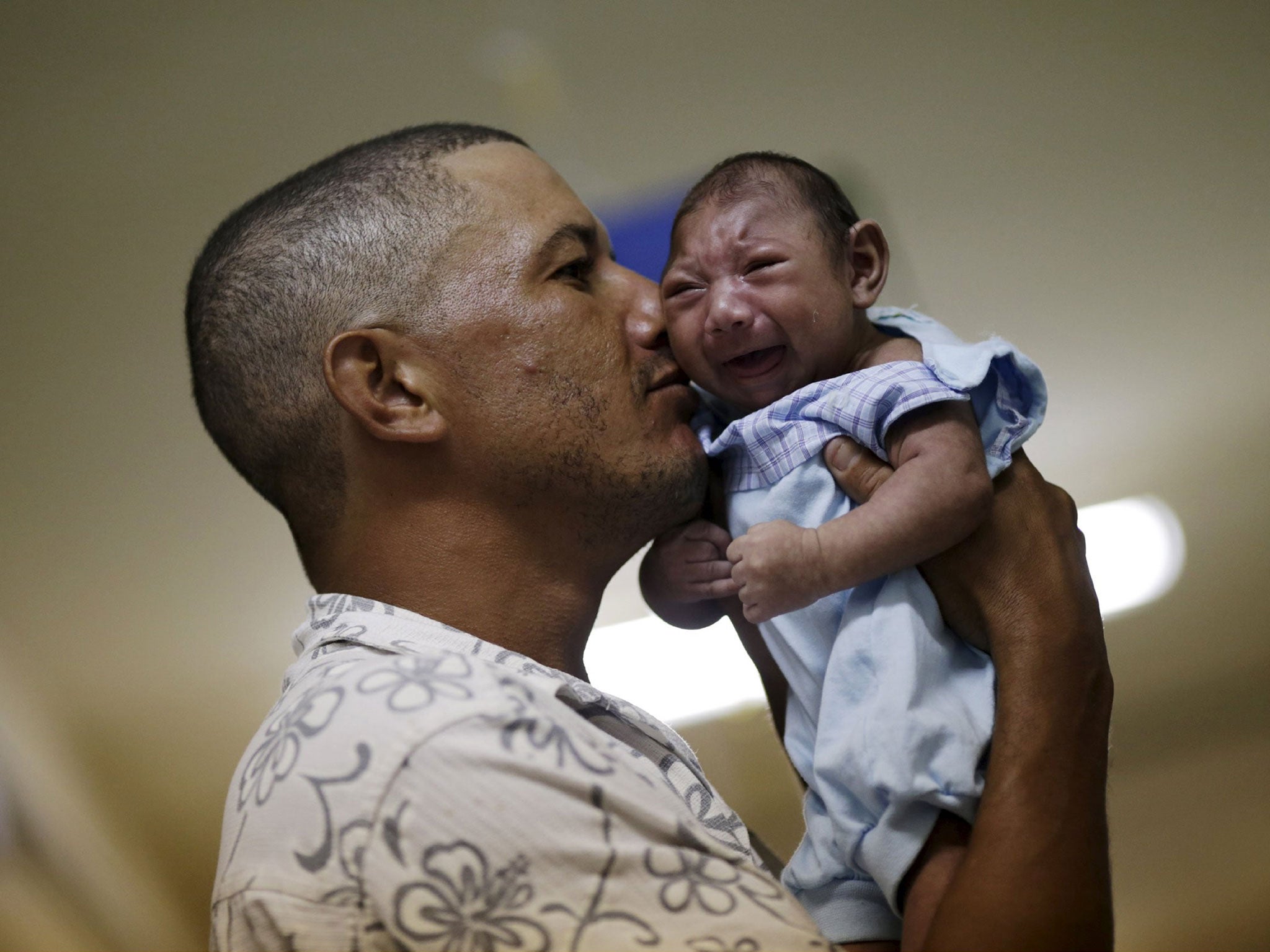Zika virus declared global health emergency by WHO
The world health body expects the current outbreak to affect four million people in Latin America alone

The Zika virus outbreak should be considered a “public health emergency of international concern”, the World Health Organisation has said.
The global health body made its decision after an emergency meeting in Geneva to discuss the “explosive” nature of the virus. The rare move signals the seriousness of the outbreak and usually triggers increased money and efforts to stop the outbreak, as well as prompting research into possible treatments and vaccines.
The last time a global emergency was declared was following the Ebola outbreak in December 2013, which is thought to have led to more than 11,000 deaths. Health experts have said the Zika outbreak could be far worse and WHO officials have predicted that as many as four million people could be infected with the virus this year.
The outbreak of Zika, which is transmitted by mosquitoes, began in Brazil last May and has moved into more than 20 countries in Latin America. The main concern is Zika’s possible link to microcephaly, a condition that causes babies to be born with brain damage and unusually small heads. Reported cases of microcephaly are rising sharply in Brazil though researchers have yet to establish a direct link.
Colombia has also seen a rise in the number of patients diagnosed with a rare neurological disorder which can cause paralysis.

Following a meeting of an International Health Regulations Emergency Committee, WHO Director General Dr Margaret Chan said the causal relationship between infection during pregnancy and microcephaly in babies is “strongly suspected” but not scientifically proven.
The committee advised that the association between the virus and constitutes an “extraordinary event”.
Dr Chan said that a coordinated international response was needed to investigate and understand the relationship between the virus and the condition. Patterns of spread of the virus, the lack of vaccines and reliable diagnostic tests are also cause for concern, she added.
“Members of the committee agree that the situation meets the conditions for a public health emergency of international concern,” Dr Chan said. “I have accepted this advice. I am now declaring that the recent cluster of microcephaly and other neurological abnormalities reported in Latin America, following a similar cluster in French Polynesia in 2014, constitutes a public health emergency of international concern.”
Dr Chan said the committee found no public health justification for restrictions on travel or trade to prevent the threat of Zika virus.
“At present the most important protective measures are the control of mosquito populations and the prevention of mosquito bites in at-risk individuals - especially pregnant women,” she said.
Since the start of the outbreak last year, five UK travellers have been diagnosed with the Zika virus. While many do not even know they are infected, some can suffer symptoms including fever, joint pain, itching, rash, conjunctivitis or red eyes, headache, muscle pain and eye pain.
The UK National Travel Health Network and Centre recommends that people who are pregnant or trying to becoming pregnant should reconsider travel to affected countries.
It has also urged health professionals to consider Zika as a possible diagnosis in any patients with fever returning from South and Central America, the Caribbean, Africa, south and south-east Asia and the Pacific region.
Public Health England (PHE) has said men in the UK should wear condoms for a month after returning from any of the countries affected by Zika. In guidance to health professionals, PHE said the risk of transmission of the virus through sex was very low but condoms should be used as a precaution.
Join our commenting forum
Join thought-provoking conversations, follow other Independent readers and see their replies
Comments